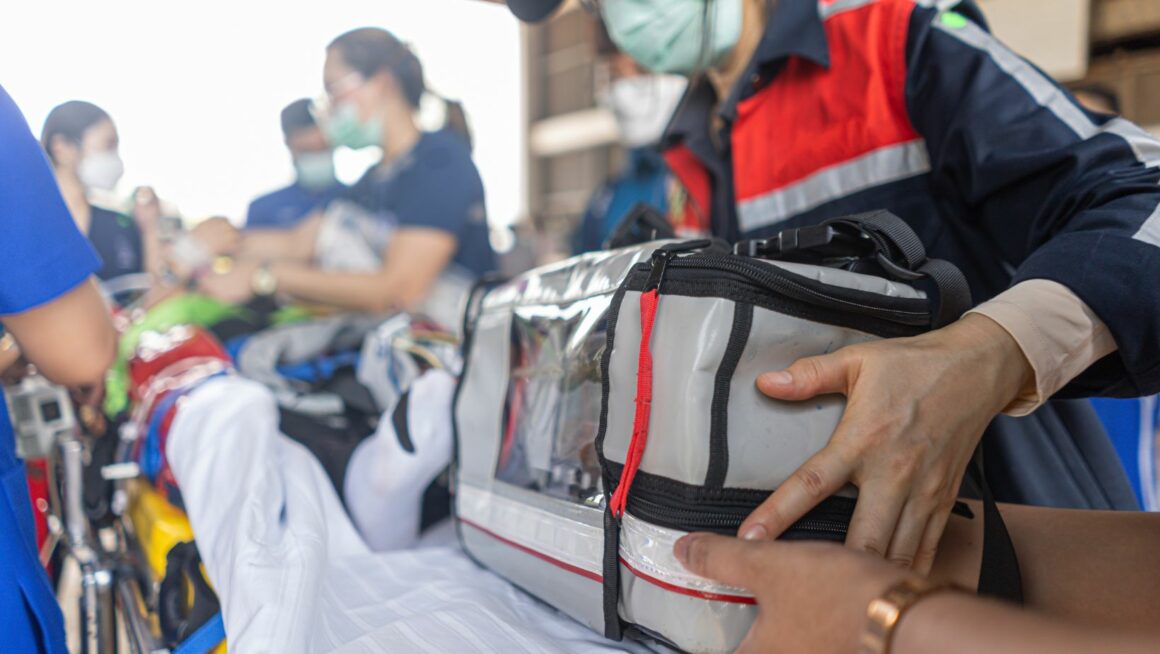Travel nursing offers a unique blend of adventure and professionalism, attracting nurses who crave variety in their work settings and geographical locations. This career path not only allows them to explore new places but also to meet diverse sets of patients and healthcare professionals, enriching their personal and professional lives. Through travel nursing, they gain unparalleled experiences, from bustling city hospitals to quiet rural clinics, each assignment brings its own set of challenges and rewards.
Travel Nursing Experiences
Travel nursing emerges as a unique and dynamic field within healthcare, designed to address staffing shortages in hospitals and clinics across the United States and abroad. It involves registered nurses (RNs) taking temporary assignments in various locations, typically lasting between 8 to 13 weeks. These professionals enjoy the flexibility to choose their assignments, allowing them to explore new cities, experience different healthcare environments, and work with diverse patient populations. A significant aspect of travel nursing is the accelerated learning curve, as nurses quickly adapt to different hospital protocols, electronic medical records (EMR) systems, and patient care standards. Furthermore, travel nurses often benefit from competitive salaries, housing stipends, and reimbursement for travel expenses, making it financially advantageous compared to permanent positions in some cases. By stepping into various healthcare settings, travel nurses develop a broad skill set and increase their adaptability, preparing them for a wide range of clinical situations and enhancing their resumes. This career path not only offers professional development but also personal growth, as nurses immerse themselves in new cultures and communities, forging lasting connections with colleagues and patients alike.
Key Factors That Impact Travel Nursing Experiences

Building on the dynamics of travel nursing, several key factors significantly influence these unique professional journeys. First, the destination’s geographic location plays a pivotal role, as cities and rural areas offer distinct living conditions, patient demographics, and healthcare challenges. Second, the duration of assignments affects experiences, with longer commitments providing deeper community immersion and stronger bonds with colleagues. Third, the healthcare facility’s size and specialty area dictate the scope of nursing responsibilities and learning opportunities, directly impacting skill development. Fourth, housing arrangements, from agency-provided accommodations to self-sourced living spaces, contribute to overall satisfaction and comfort. Lastly, support systems within the healthcare facility, like mentoring programs and orientation processes, ensure a smooth transition, enhancing the travel nursing experience. Collectively, these factors shape a travel nurse’s professional growth, adaptability, and enjoyment of new locales.
Personal Stories of Travel Nursing
Building on the exploration of travel nursing’s appeal and key factors influencing experiences, personal stories highlight the real-world impacts of these elements. Nurses share tales of adapting to diverse healthcare settings, from bustling city hospitals to rural clinics, underscoring the adaptability and resilience developed through travel nursing. They recount experiences of forming close bonds with colleagues from various backgrounds, enriching their professional networks and personal lives. Challenges, like navigating unfamiliar cities or adjusting to different facility protocols, emerge as common themes. Yet, these stories also celebrate memorable moments, from witnessing the Northern Lights in Alaska to participating in local traditions, showcasing the unique blend of professional development and personal adventure found in travel nursing.
Benefits of Travel Nursing

Travel nursing offers unparalleled advantages that extend beyond traditional nursing roles. Primarily, travel nurses enjoy exceptional flexibility in their assignments. They choose when, where, and for how long they work, allowing for greater control over their careers and personal lives. This flexibility facilitates work-life balance, enabling nurses to take breaks between assignments or to explore different regions of the country or the world.
Financial incentives constitute another significant benefit. Travel nurses often receive higher pay compared to their permanent counterparts, along with comprehensive benefits packages that may include housing allowances, travel reimbursements, and bonuses. Such financial rewards not only enhance their earning potential but also provide opportunities for savings and investments.
Moreover, exposure to diverse healthcare environments accelerates professional growth. Travel nurses develop a broad skill set by adapting to various clinical settings, working with different patient populations, and learning new technologies and protocols. This exposure increases their marketability and opens doors to future career opportunities.

